SUMMARY
This is AI generated summarization, which may have errors. For context, always refer to the full article.
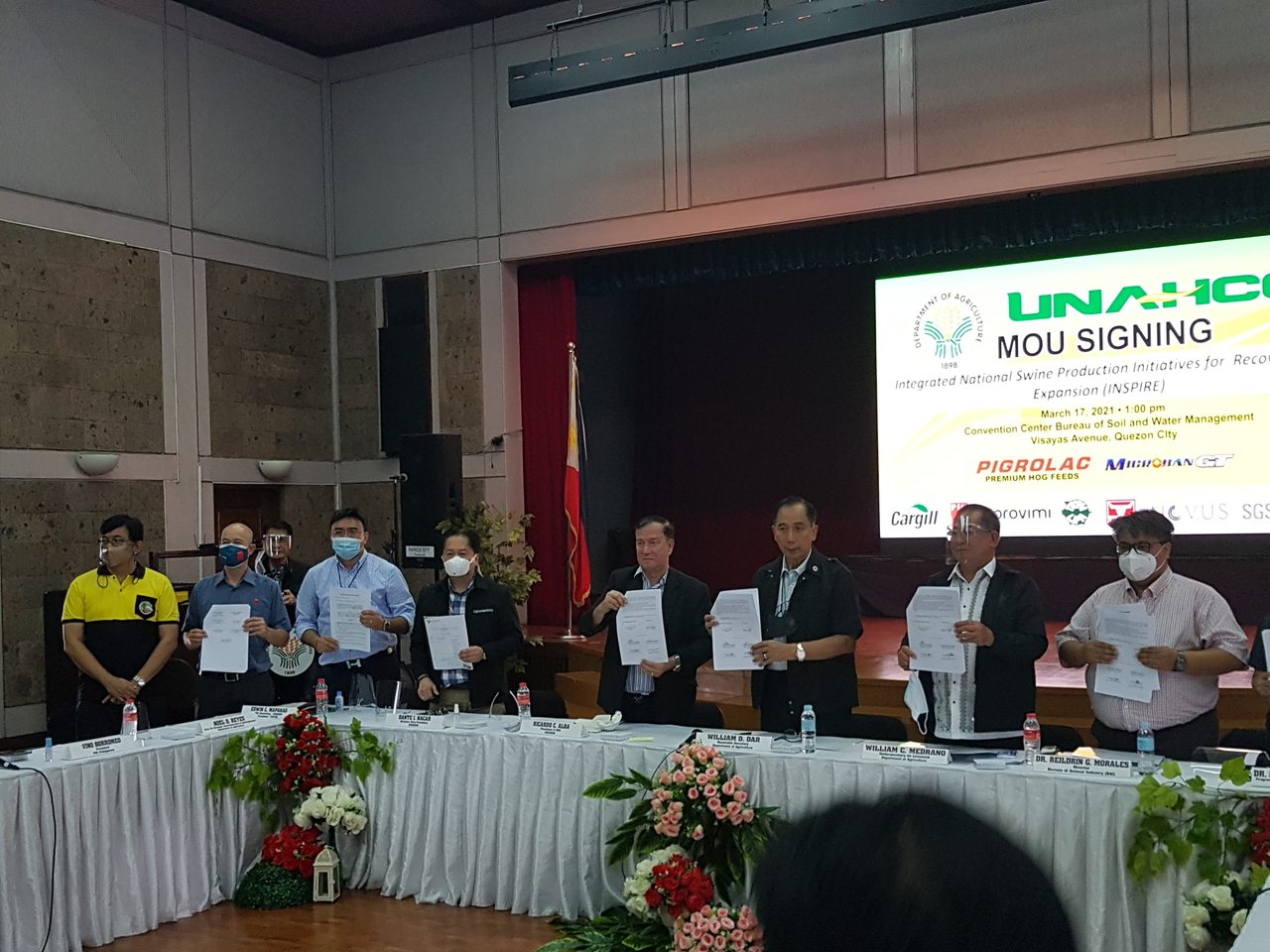
When the African Swine Fever (ASF) – a contagious viral disease that affects pigs – hit the Philippines in 2019, it impacted both big and small producers, vendors, and even consumers.
Hog raisers had to kill herds of pigs because they couldn’t risk selling infected meat and further spreading the disease – this is on top of over 3 million pigs that died because of ASF-related causes. The crisis hit backyard hog raisers harder because they didn’t have the safety net or biosecurity system that some commercial farms have.
The devastation, which caused a severe pork supply shortage, trickled down to market vendors who were paralyzed by the price ceiling, forcing some to close shop. In effect, many consumers also had to turn to other sources of protein. P400 per kilo of pork – just over a hundred pesos short of the minimum daily wage of Filipinos – won’t cut it.
With many Filipinos struggling to make ends meet amid the pandemic, this pork crisis is a problem on top of another problem, resulting in Filipinos struggling to put food on the table. While a price cap on pork was implemented to solve this problem, it did little to address the root of the price hike: ASF.
In fact, the effects of ASF were so drastic, the Department of Agriculture (DA) asked to declare it a national emergency. This would allow the DA and other stakeholders to get the needed funds and support to resuscitate the pork industry.
DA also launched programs to help address this crisis such as the BABay ASF (Bantay ASF sa Barangay) and INSPIRE (Integrated National Swine Production Initiatives for Recovery and Expansion) programs. While BABay ASF focuses on containing the disease and restocking swine inventory at the grassroots level, INSPIRE’s goal is to accelerate the repopulation and recovery of the hog industry to make sure that pork can be accessible and affordable to Filipinos.
The government recognizes the role of the private sector in solving this crisis, so they signed a memorandum of understanding (MoU) with the key players in the hog industry, led by feed supplier Univet Nutrition and Animal Healthcare Company (UNAHCO) last March 17. Under the MoU, organizations in the public and private sectors within the agricultural and veterinary industries will work together in reviving the hog industry.
Also part of this MoU is Pig Improvement Company (PIC), a company that specializes in providing genetically superior breeders to commercial farms. These breeders provide the foundation for the production of market pigs and will allow hog raisers to produce more pigs that grow faster, converting feed into meat more efficiently.
PIC is also equipping them with the tools and resources they need to make production more efficient and sustainable. This includes data and information on nutrition, breeder management, wean-to-finish management, animal health, and even meat science.
This plan hopes to revive the entire local pork industry in the next 3-5 years. If all goes well, there will be enough local hogs to better meet the demand for pork. With supply going back to pre-ASF levels, there will be less dependence on pork importation as a short-term measure to address the current shortage. Eventually, pork market prices will normalize, making this basic commodity affordable to Filipinos once again.
While the plan may seem long-term, there’s no better time to start building a more sustainable hog industry today. By investing money and time in high-quality tools and resources now, we can help ensure that no Filipino will go hungry for years to come. – Rappler.com
Add a comment
How does this make you feel?


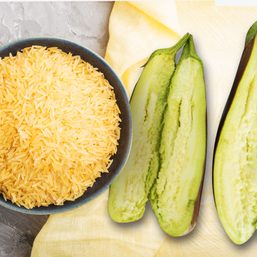

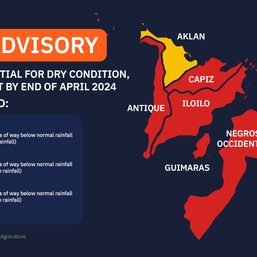
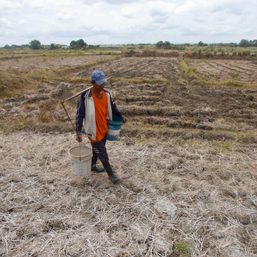
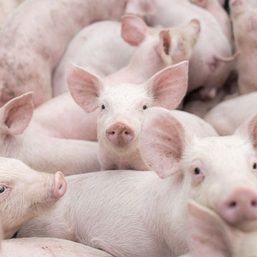
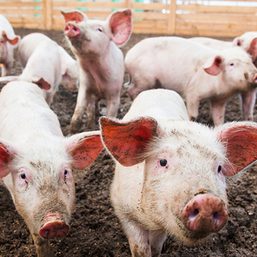
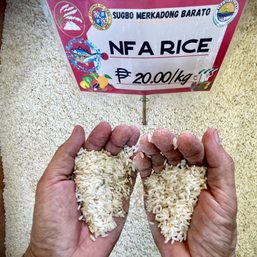
![[ANALYSIS] A post mortem on the rice price ceiling](https://www.rappler.com/tachyon/2023/10/tl-riceceiling.jpg?resize=257%2C257&crop=245px%2C0px%2C720px%2C720px)
![[EDITORIAL] Talagang ‘ibang usapin ang bigas’](https://www.rappler.com/tachyon/2023/10/animated-rice-inflation-bbm-carousel.jpg?resize=257%2C257&crop_strategy=attention)
There are no comments yet. Add your comment to start the conversation.